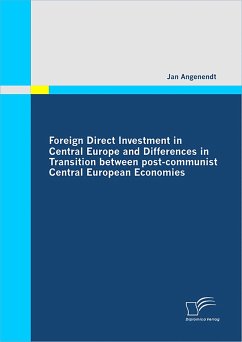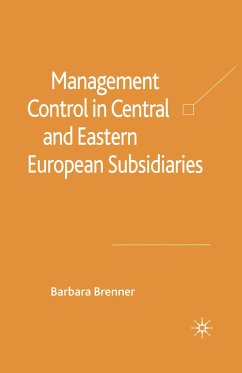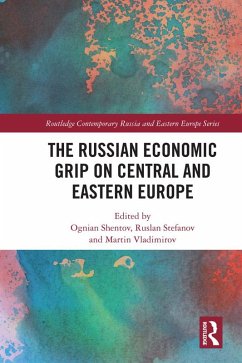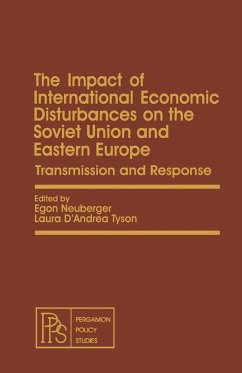
Central and Eastern European Countries and the European Union (eBook, PDF)
Versandkostenfrei!
Sofort per Download lieferbar
36,95 €
inkl. MwSt.
Weitere Ausgaben:

PAYBACK Punkte
18 °P sammeln!
The accession of ten new members to the European Union on May 1st 2004 was among the most significant developments in the history of European integration. Based upon studies conducted by the European Forecasting Network, this 2006 book analysed key aspects of the impact of this enlargement with reference to eight of the ten new Member States, namely the Central and Eastern European countries (CEECs). It demonstrated that the enlargement had the potential to create profound consequences for both the new Member States and the pre-accession members of the Union, given the unparalleled magnitude o...
The accession of ten new members to the European Union on May 1st 2004 was among the most significant developments in the history of European integration. Based upon studies conducted by the European Forecasting Network, this 2006 book analysed key aspects of the impact of this enlargement with reference to eight of the ten new Member States, namely the Central and Eastern European countries (CEECs). It demonstrated that the enlargement had the potential to create profound consequences for both the new Member States and the pre-accession members of the Union, given the unparalleled magnitude of the enlargement, the fact that the CEECs had levels of prosperity and economic development well below the Union average, and their history of participation in centrally planned regimes. The contributions examined regional policy, the debate about accession to the EMU, the macroeconomic trajectories of the Central and Eastern European economies and their likely development.
Dieser Download kann aus rechtlichen Gründen nur mit Rechnungsadresse in A, B, BG, CY, CZ, D, DK, EW, E, FIN, F, GR, HR, H, IRL, I, LT, L, LR, M, NL, PL, P, R, S, SLO, SK ausgeliefert werden.













